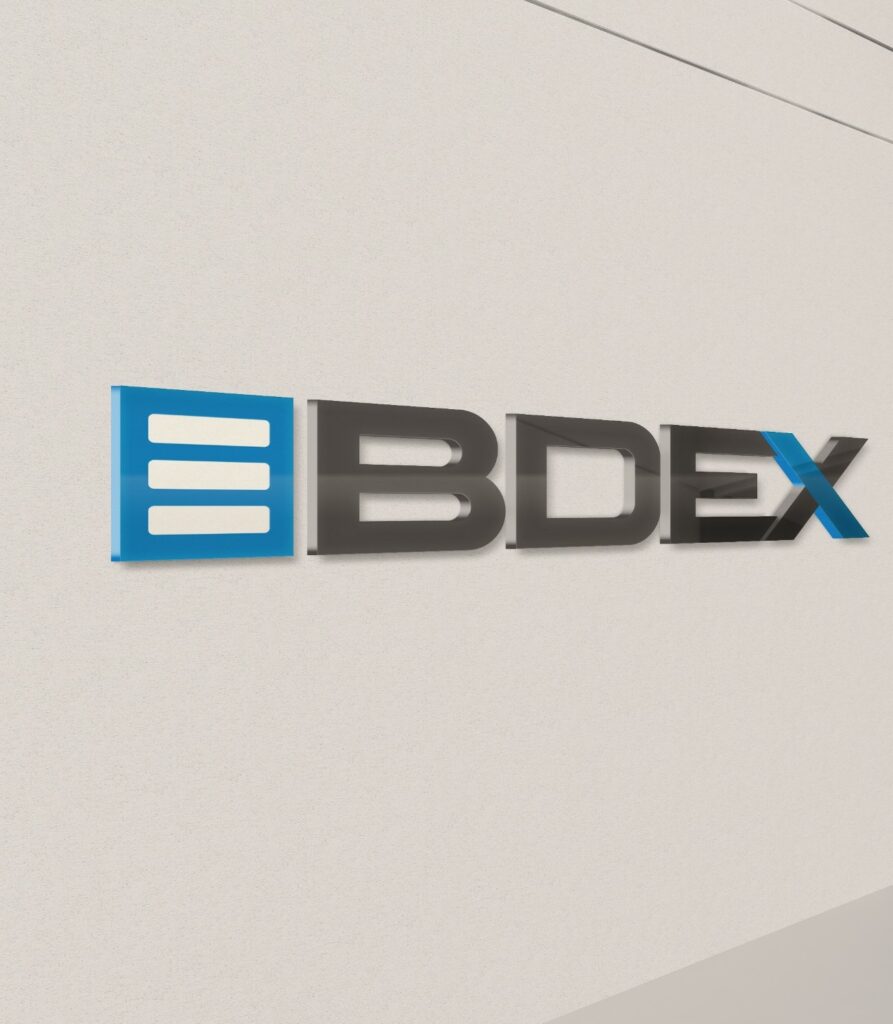To truly move the business forward with data, marketers must overcome these six common challenges
You already know how important customer data is to your marketing strategy. Without it, you wouldn’t be able to provide personalized messages that engage the right audience and lead to conversions and customer loyalty.
But our current world of data-driven marketing means that there is a whole new set of challenges to manage. Here are the top six challenges faced by brands in today’s digital marketing landscape.
1. Finding and maintaining high-quality data
For marketing to truly be data-driven, the data itself must be of high quality. Quality data is accurate and timely, and it must be maintained and updated over time.
This means data must be up-to-the-minute and relevant. Marketers must also monitor for duplicates and conflicting information and ensure the data is complete. Without updated, relevant data, information could be missing and the customer models you’re using to make decisions may not be based on complete facts.
2. Targeting segmented audiences
Traditional advertising methods meant sending out a message to the masses and hoping that enough people would see it to get some traction. But having the right data gives you the ability to segment your audience, ideally allowing you to target specific groups of people with messages catered to their wants and needs.
This is a big challenge for many marketers. Successfully targeting segmented audiences means you must have the right behavioral data to effectively group them and reach them at the right time.
3. Breaking down data silos
Data silos are created when data is collected by multiple departments or at different times and not all merged to be stored together in one place. This makes it much more likely that there will be duplicates or inconsistencies since the information cannot be compared when separated in silos.
The sheer amount of data out there can easily lead to data siloing. Data is often gathered by different sources and stored in multiple locations, especially when different types of data are being gathered all at once. Storing data in different places means that the right people within the organization may not be seeing the most accurate or updated data points.
The right data management and collaboration tools will help your business combine and store data where it can be analyzed in one place. Data collected by all teams must be available in an accessible dashboard. Otherwise, your data-driven marketing strategy will be less effective due to redundancy and contradictions.
4. Using real-time data
In our modern digital age, things can change in an instant. Your customers use multiple devices when considering a purchase, so real-time data signals are needed to ensure you connect with them at the right moment, in the right channel.
Real-time data not only has to be gathered, but it must also be turned into valuable insight immediately. This way, you can reach your audience when they’re ready to hear from you and provide more relevant messages.
5. Making meaningful connections
Sometimes marketers get so focused on the data that they forget what’s behind it. Targeting efforts must originate with the goal of making real human connections, not just gathering and analyzing data points to increase revenue.
Customers respond to personalized messages. They want the brands they support to care about their needs and desires, and they want to be convinced that a product or service will solve a problem for them.
With this in mind, you can use all that data you’ve gathered to better understand the real person behind the data signal.
6. Using the right data platform
There are many data management platforms out there, but you need the right data tool that will help you with segmenting, targeting, and processing real-time data efforts. Data must be up-to-date and of high quality. Use a data platform that provides customized content that will allow you to make instant, personalized connections.
The BDEX Data Exchange Platform (DXP) is the solution you need to improve your data-driven marketing strategy. The DXP gathers and delivers more user data than any other platform on the market, ensuring your data is up-to-date, complete, and high quality.
At BDEX, we have over 6 billion unique customer IDs, more than 5,500 data categories available, more than 800 million mobile ID-to-email matches, and more than a trillion data signals. Our BDEX Custom Audience Creator helps you target customers across channels in real-time, to make better, more meaningful human connections.
To learn more about how our data can help you improve your marketing efforts, get in touch with the BDEX team today to get started.



